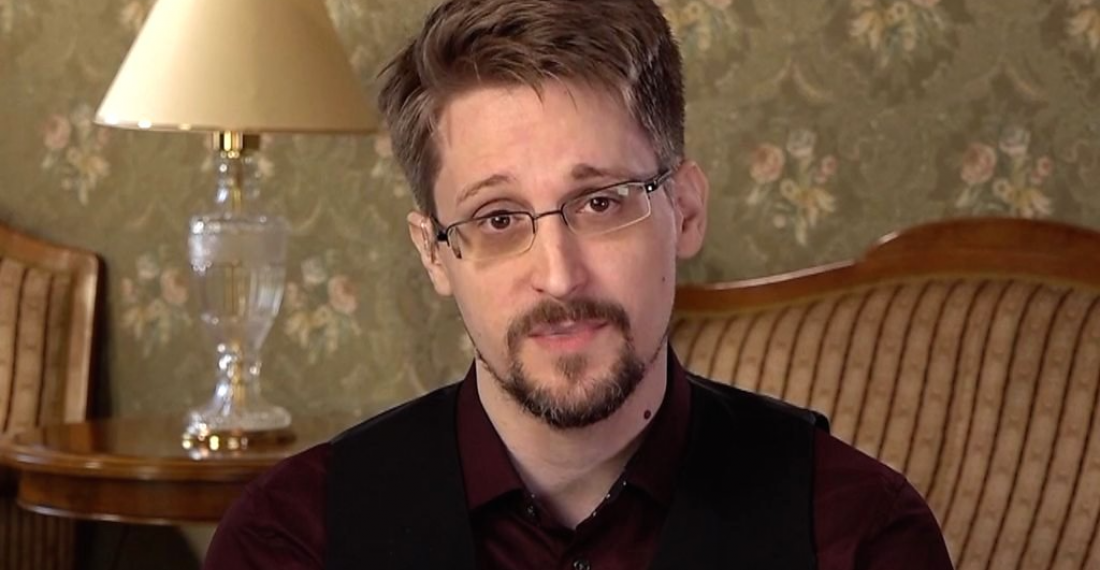Russian President Vladimir Putin has granted Russian citizenship to American whistleblower Edward Snowden.
Edward Snowden had worked as a contractor for the National Security Agency (NSA) in the United States, but in 2013 fled to Russia after he revealed confidential files and records that exposed major international surveillance operations conducted by the NSA on civilians as well as other Western leaders. Following the revelations, Snowden was granted asylum in Russia in order to avoid prosecution in the United States, and was granted permanent residency in 2020.
Following the announcement on Monday (26 September), questions have been raised whether Snowden’s Russian citizenship will make him eligible for the recently announced Russian mobilisation in the war against Ukraine. Snowden’s lawyer has however rejected any such claims, because Snowden lacks any previous experience in the Russian military. Snowden has refrained from expressing his opinions on the Russian invasion of Ukraine earlier this year, although he has previously criticised the Kremlin and its policies through social media.
The effect of granting Snowden’s Russian citizenship on US-Russia relations remains to be seen, although it is likely that it will exacerbate an already openly hostile relationship between the two superpowers.
Russian President Vladimir Putin has directly criticised Snowden in the past, claiming that the act of leaking state secrets was wrong; he also added however that Snowden should not be considered a traitor for his actions. Meanwhile, US officials have expressed their distaste towards Snowden, claiming that his actions have endangered global security, and are urging him to return to the US to face prosecution. Snowden refuses to return to the US unless he is given a fair trial, something that he strongly doubts will be the case.
source: commonspace.eu with agencies
photo: BBC






